
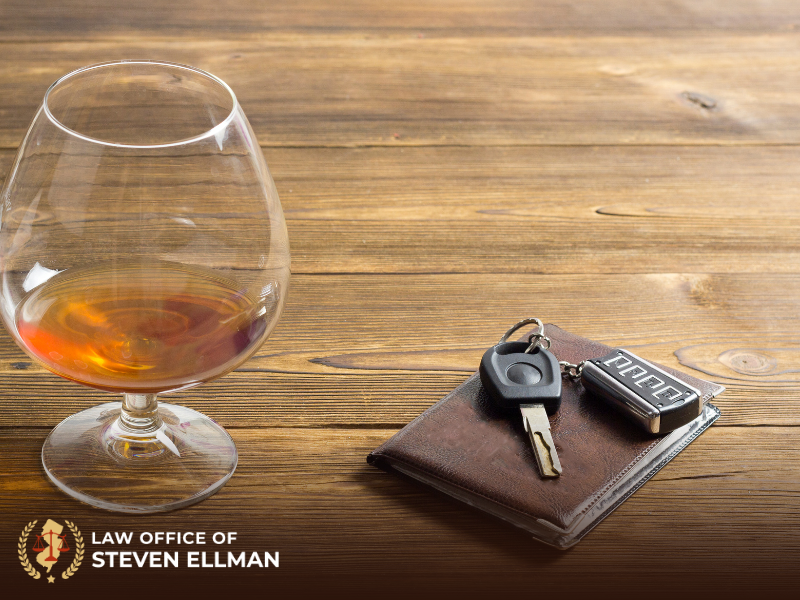
A DUI conviction can have long-lasting consequences on your personal and professional life, tarnishing your reputation and leading to jail time in certain cases. After a DUI arrest, you may feel frustrated and overwhelmed. Law enforcement and prosecutors are hard at work building a case against you. What can you do to protect yourself?
New Jersey DUI defense attorney Steven Ellman understands what is at stake. With 39 years of legal experience, he knows how to protect your rights and develop a defense strategy that offers the best
chance of obtaining a favorable outcome, such as a dismissal. Each DUI/DWI case is unique, and there are many ways to defend against a drunk driving charge. Below are 15 ways an experienced New Jersey criminal defense lawyer may seek a DUI dismissal.
In a New Jersey DUI case, the prosecutor has the burden of proof to show that you were guilty of the DUI charges. Prosecutors must prove beyond a reasonable doubt that a driver operated their motor vehicle while under the influence of alcohol or a prohibited substance. One tactic available to a skilled Jersey DWI lawyer involves challenging the available evidence in a way that introduces doubt into the mind of a judge about whether the driver was over the legal limit and violated New Jersey DUI laws.
Discovery is a vital part of the legal process. During the discovery process, the defense attorney and prosecutor are required to exchange relevant information before a case proceeds to trial. Discovery gives both sides the time and information to prepare a compelling case. A DUI defense attorney may seek dismissal of DUI charges against an individual if the prosecution withholds requested discovery materials from the defense.
DUI cases can also face dismissal if the DUI field test results are invalid or inaccurate. Did the law enforcement officers provide the driver with clear and accurate field sobriety test instructions? What were the road and weather conditions during the field sobriety test? Was the driver wearing shoes that impeded their ability to perform a field sobriety test? Although tests administered correctly are often reasonably predictable in indicating whether a driver may be impaired, law enforcement officers are fallible.
In New Jersey, officers use Standardized Field Sobriety Testing or SFSTs as the standard impaired driving testing model. The National Highway Traffic Safety Administration acknowledges three tests as reliable methods for identifying an intoxicated driver: the Horizontal Gaze Nystagmus Test Field Sobriety Test, The Walk and Turn Test, and the One-Leg Stand Test. Using a non-standardized testing method may be grounds to seek a DUI dismissal.
Were you read your Miranda Rights when arrested for DUI? Law enforcement must advise detainees of their Miranda rights to remain silent and have an attorney present during interrogation by police. Statements made by an individual during a custodial interrogation may be inadmissible in court. If the police fail to provide a Miranda warning to a detainee, it can be grounds for dismissal of charges for lack of evidence.
Law enforcement officers operating an Alcotest 7110 breathalyzer machine to determine breath alcohol concentrations of a suspected intoxicated driver must have proper training and certification to use the device correctly. Failure to maintain valid certification credentials on the breathalyzer device can lead to test results that are inadmissible in court and the dismissal of the DUI charges for lack of evidence.
Alcohol can exist in a person’s mouth when chewing gum or vomiting, affecting the accuracy of a breath sample. The law requires individuals to remain under observation for at least 20 minutes immediately before providing a breath test. Failure by law enforcement officers to comply with the 20-minute observation requirement calls into question the breath test results as admissible evidence.
There are strict operating guidelines for the Alcotest 7110, a breath alcohol analyzing machine. Failing to follow the proper instructions can result in inaccurate breathalyzer test results, which are inadmissible in court. A DUI case built on inadmissible evidence can lead to the dismissal of the DUI charges and the drunk driving case for lack of evidence.
Drawing blood samples for alcohol testing must be done according to prescribed procedures for the results to be scientifically reliable. Officers who fail to follow proper protocols can invalidate blood sample results, leading to a DUI dismissal for lack of admissible evidence.
Individuals cannot be forced to provide law enforcement with a blood or urine sample for alcohol testing. Officers must have a valid warrant to compel an individual to provide a sample. If your blood was taken by force, a skilled DUI defense attorney can seek to have the judge rule the test results inadmissible in court.
Some New Jersey officers receive Drug Recognition Evaluation training. DRE credentials help officers identify when drugs like marijuana, cocaine, or heroin may impair a driver. However, DRE testimony has not yet been deemed reliable enough to use as evidence to prove guilt beyond a reasonable doubt.
Unfortunately, some medical conditions like diabetic emergencies can impair judgment and motor function, mimicking the signs of alcohol impairment. For example, a person who has previously had a stroke may have slurred speech and be unsteady on their feet. Diabetes and other medical conditions, such as head injuries, can lead an officer to suspect DUI when that is not the case. Conditions such as GERD and postnasal drip may also affect the validity of breath tests used to determine if a driver is impaired.
Officers must present information about an arrest in a police report. Often, a defense attorney can challenge some of the observations and opinions presented by an officer in their report. Did the police officer have proper cause for a traffic stop leading to a DUI charge? If a DUI defense lawyer can demonstrate the arresting police officer lacked probable cause, the court may dismiss the DUI. Inconsistencies or inaccuracies in a report also call into question the validity of the information.
Independent and expert witnesses in DUI cases can present compelling information refuting the charges against an individual. Bartenders, hospital staff, or individuals present during the arrest can testify to whether a person consumed alcohol, the person’s state of mind, and medical conditions that may help bolster the defense’s case. Expert witnesses in DUI cases can review the validity of test results gathered by law enforcement.
Poor weather conditions like rain, sleet, ice, and snow can lead to swerving and erratic driving. These inclement weather conditions can also hinder the results of field sobriety tests.
Are you facing DUI charges in New Jersey? You need the experience and guidance of Northern, Central, and Southern New Jersey DUI attorney Steven Ellman. The sooner you enlist the help of the Law Office of Steve Ellman, the more options you may have to fight the drunk driving charges and avoid a DUI conviction. Before you do anything else, contact an experienced DUI attorney at the Law Office of Steven Ellman for an in-depth free legal consultation to discuss your legal options.



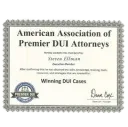
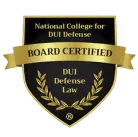


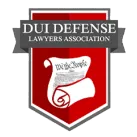








| Monday | Open 24 hours |
| Tuesday | Open 24 hours |
| Wednesday | Open 24 hours |
| Thursday | Open 24 hours |
| Friday | Open 24 hours |
| Saturday | Open 24 hours |
| Sunday | Open 24 hours |

| Monday | Open 24 hours |
| Tuesday | Open 24 hours |
| Wednesday | Open 24 hours |
| Thursday | Open 24 hours |
| Friday | Open 24 hours |
| Saturday | Open 24 hours |
| Sunday | Open 24 hours |

| Monday | Open 24 hours |
| Tuesday | Open 24 hours |
| Wednesday | Open 24 hours |
| Thursday | Open 24 hours |
| Friday | Open 24 hours |
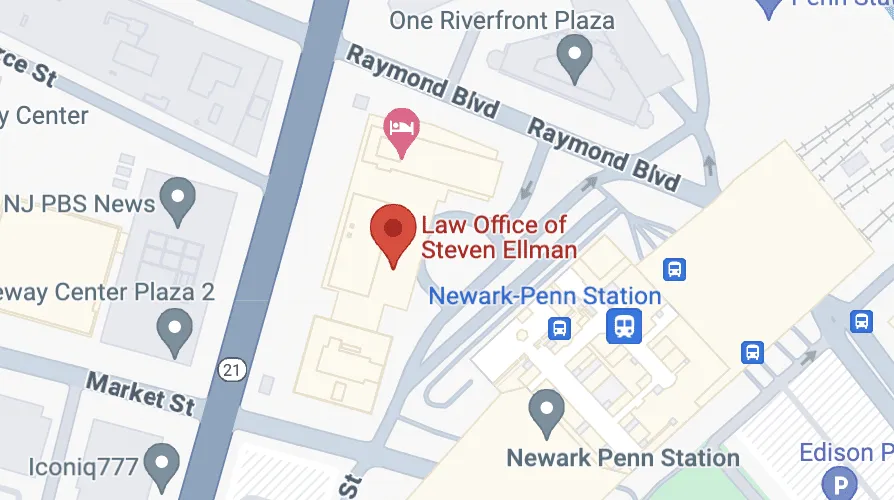
© 2024 All Rights Reserved. The Law Office of Steven Ellman